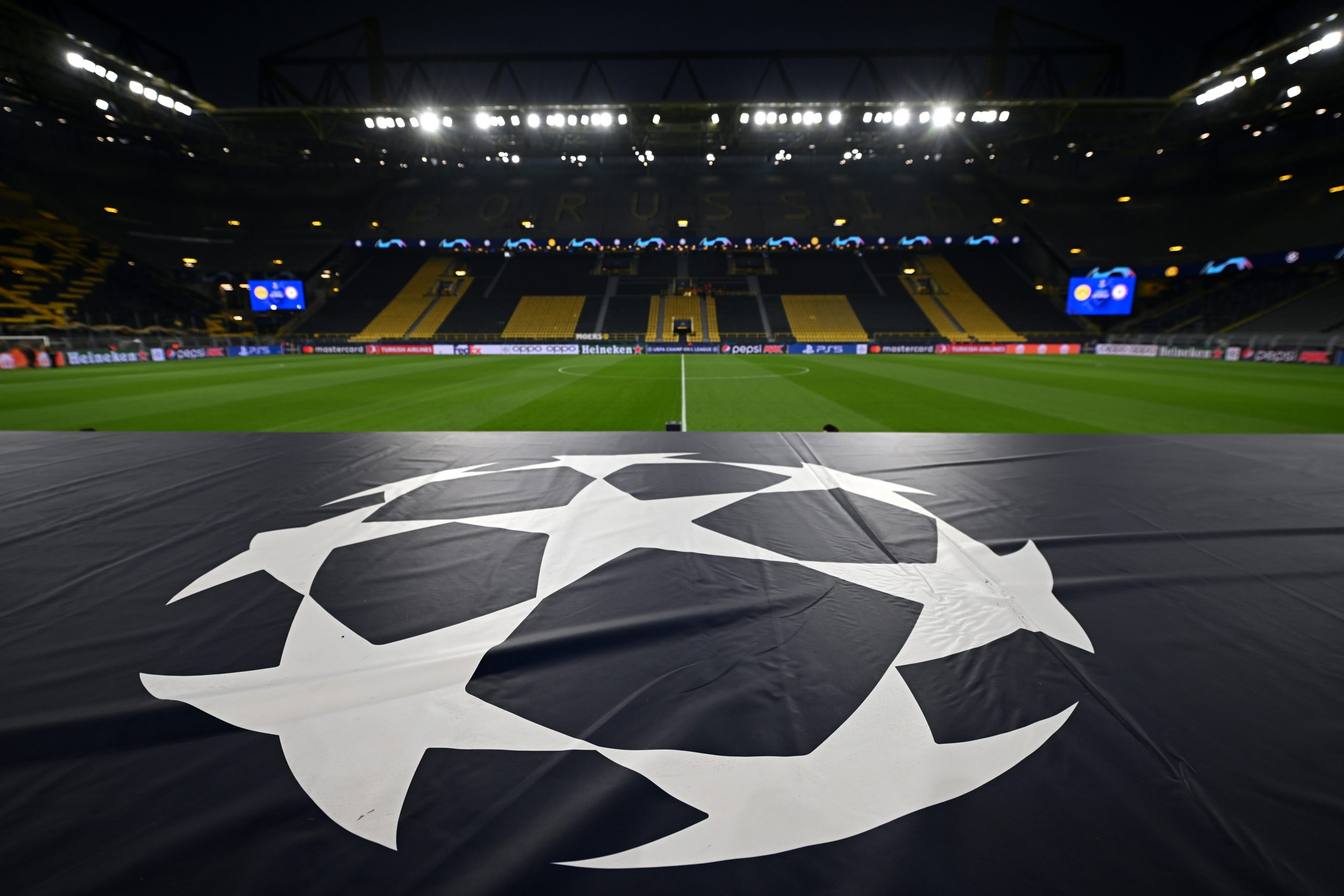According to a report from Telegraph, the upcoming alterations to Europe’s premier tournament, slated for implementation in 2024, have been revealed amidst discussions about a potential competing Super League. UEFA has approved a revamp of the Champions League format, expanding to 36 teams and replacing the group stage with a singular league format.
This announcement by European football’s governing body coincides with talks of a separate Super League formation, possibly involving 12 major clubs breaking away from the existing structure. Scheduled for 2024, the modifications involve matches moving from Tuesdays and Wednesdays to Thursdays, and an introduction of a play-off round in the initial stage.
The Format Changes Explained
The forthcoming UEFA Champions League format differs significantly from the previous structure. Instead of dividing 32 teams into eight groups, the 2024/25 edition will adopt a single 36-team league setup. Despite this expansion, each team won’t play 35 matches, but rather undergo a notable increase to eight games per team in the group stage, departing from the customary six-game standard.

The allocation of opponents will still occur through a group stage draw, utilizing four separate pots for seeding. Each team will play two opponents from every pot, one at home and one away. Although the top 24 teams secure progression to the knockout stage, finishing in the top eight ensures direct entry to the last 16, while teams ranking ninth to 24th must compete in a play-off round. This round won’t involve a draw; instead, it will pair teams based on their final standings – ninth playing against 24th, and so forth.
Notably, teams from the same country won’t meet in the group stage, except for a potential scenario where one country supplies five teams, allowing for the rare occurrence of intra-country matchups. However, during the mega-league phase, UEFA might permit two teams from the same country to face each other. Furthermore, the bottom eight teams in the group stage will face elimination from European competitions entirely.
What Drives The UEFA Champions League Transformation?
The shift marks the cessation of Champions League teams moving to the Europa League midseason. However, the increased number of games translates to more revenue, benefiting both UEFA and the participating clubs. Additionally, the intention is to inject excitement into the tournament’s outset by having top teams face off earlier in the competition which makes it worth watching for football fans worldwide.





